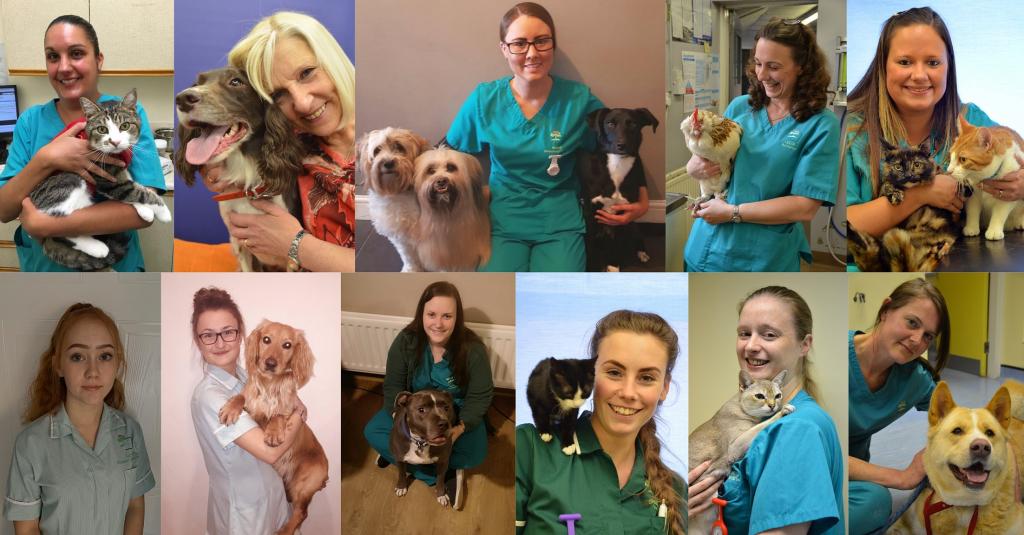News
Orchard Vet's Blog
Not all superheroes wear capes...
12/05/2023

May is a very important month in the veterinary world as it's Vet Nurse Awareness Month! We like to take this opportunity to big up our nurses as we simply wouldn’t be able to provide the level of care and service that we do if it weren’t for our fabulous team of vet nurses!
What do Nurses do?
Becoming a veterinary nurse (VN) involves between two to four years of study combined with working in veterinary practice and rigorous exams demonstrating both theoretical knowledge and practical ability. Like vets, veterinary nurses also have to learn about a variety of species, unlike our ‘human’ nurse equivalents who only have to deal with one!
In human healthcare, we are aware of lots of different professionals: anaesthetists, phlebotomists, radiographers, nutritionists, theatre nurses, consulting nurses, dental hygienists, receptionists, cleaners – Veterinary Nurses must master all these skills and more!
Some of our nurses here at Orchard Vets have taken the time to gain additional nursing qualifications. Some specialise in exotic pets, some in behaviour and some in physiotherapy – all of this training comes on top of the standard veterinary nursing training.
How our nurses can help
Our vet nurses are a vital and integral part of how we operate on a day-to-day basis. As well as the behind-the-scenes work that you don’t see - such as monitoring anaesthesia, lab work and consulting - they can also provide you and your pet with weight clinics, young pet advice clinics, nail clips, advice, flea and worming treatment and dental advice – plus much more!
A day in the life of a vet nurse
The day in the life of a vet nurse is certainly never dull! All of our nurses work tirelessly to support our vets and reception team in maintaining the highest quality of care for you and your pet. Each day is different and our nurses have to be ready to adapt to changing situations while still remaining calm.
